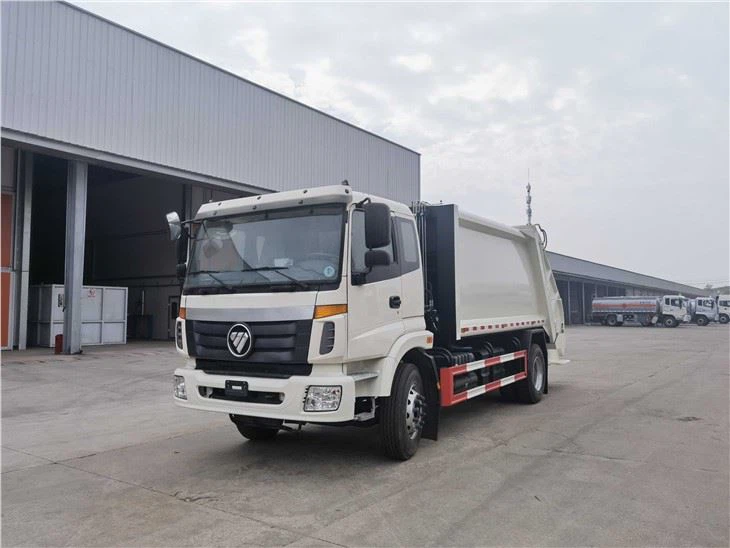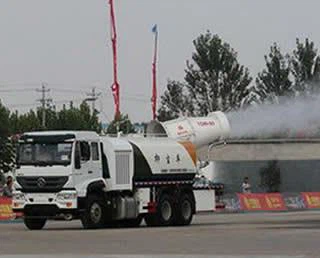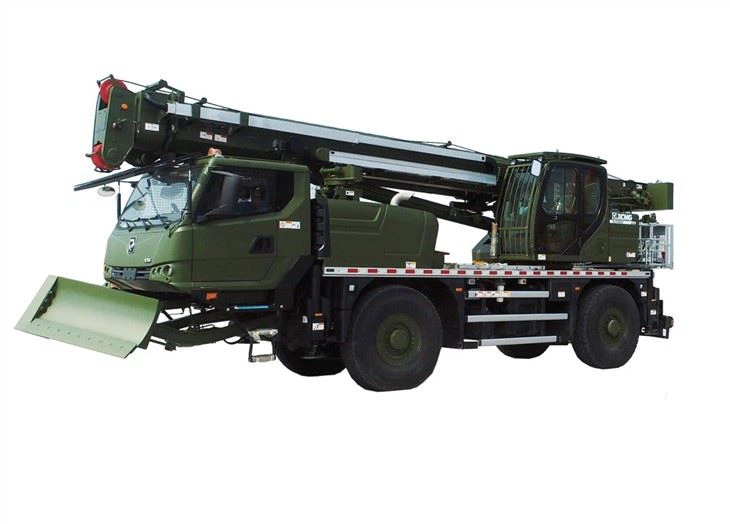Sprinkler trucks are essential equipment in various industries, particularly in agriculture, construction, and landscaping. This article will explore what sprinkler trucks are, their components, uses, advantages, and much more. We will also provide practical tips for selecting and maintaining a sprinkler truck, along with frequently asked questions to help you understand their functionalities better.
What is a Sprinkler Truck?
A sprinkler truck is a vehicle equipped with a system for spraying water, typically used for irrigation, dust control, and various other applications. The truck is designed to distribute water evenly across large areas and can be modified for specific tasks, making it an invaluable asset in many sectors. These trucks can be tankers, trailers, or specialized vehicles built for agricultural or landscaping purposes.
Key Components of a Sprinkler Truck
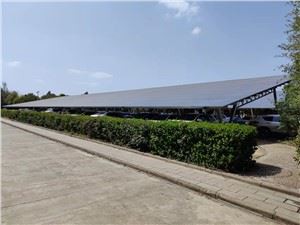
1. Water Tank
The water tank is the heart of a sprinkler truck. It holds a significant volume of water, usually ranging from a few hundred to several thousand gallons, depending on the truck’s size and capacity. The tank is often made of durable materials to withstand the pressures involved in transporting and spraying water.
2. Pump System
Most sprinkler trucks come equipped with a high-capacity pump system that pressurizes and moves the water from the tank to the spray mechanism. Common pump types include centrifugal pumps and diaphragm pumps, which vary in their efficiency and suitability for different tasks.
3. Hose Reel
A hose reel facilitates the storage and deployment of hoses needed for spraying. Some models feature separate reels for different hose sizes, enabling more flexibility in water distribution. The reel can be hydraulic or manually operated, depending on the truck’s design and purpose.
4. Spray Nozzles
Spray nozzles are essential for controlling the water flow and distribution pattern. Different types of nozzles provide various spray patterns, from fine mist to heavy stream, allowing operators to choose the most appropriate method for their task.
5. Control System
The control system manages the truck’s pump and spray functions. It can be manually operated with levers or include automated features, such as remote controls or integrated software for precision irrigation.
6. Chassis and Tires
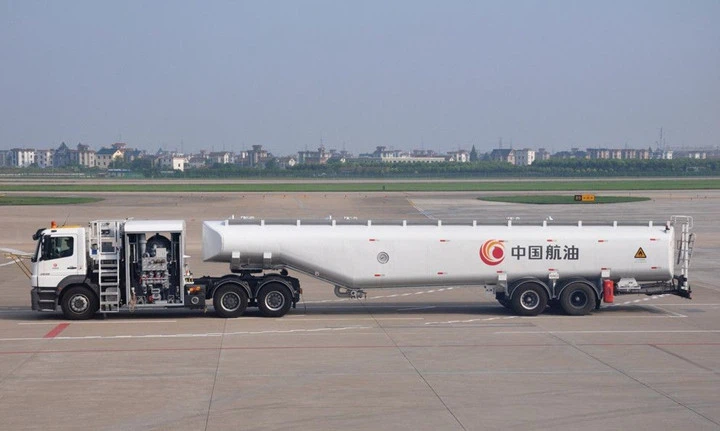
The truck’s chassis is designed to support the weight of the water tank and other equipment. Heavy-duty tires provide stability and traction, especially when driving on uneven terrains commonly found in agricultural and construction sites.
Uses of Sprinkler Trucks
Agricultural Applications
Sprinkler trucks are widely used in agriculture for irrigation purposes. They help farmers efficiently distribute water over large fields, ensuring that crops receive adequate hydration. The use of sprinkler trucks can lead to significant improvements in crop yields and sustainability.
Landscape Maintenance
In landscaping, sprinkler trucks are crucial for maintaining lawns, parks, and gardens. They efficiently provide water to new plantings and help sustain established landscapes during dry seasons, contributing to aesthetic and ecological balance.
Construction Sites
Dust control is vital on construction sites to ensure safety and environmental compliance. Sprinkler trucks are employed to wet down areas and minimize dust, preventing respiratory issues and maintaining visibility for workers.
Wildfire Prevention
In areas prone to wildfires, sprinkler trucks play a critical role in moisture management. They can be used to wet down vegetation and create firebreaks, helping to prevent the spread of fires.
Advantages of Using Sprinkler Trucks
1. Efficiency
Sprinkler trucks can cover large areas quickly, making them more efficient than manual watering methods. This efficiency saves time and reduces labor costs for both agricultural and landscaping projects.
2. Customized Water Distribution
With adjustable nozzles and pressure settings, sprinkler trucks can be tailored to deliver the right amount of water to different types of terrains and vegetation, ensuring effective irrigation.
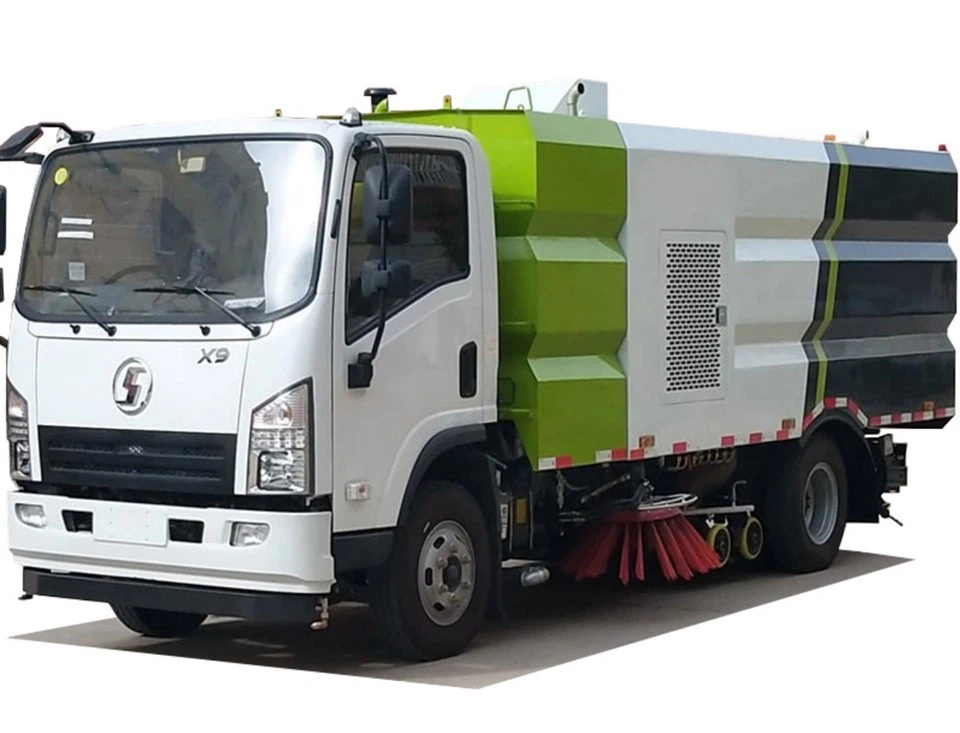
3. Versatility
Sprinkler trucks are versatile and can be used for various applications beyond irrigation, including dust control, fire prevention, and even road maintenance, making them a multi-functional investment.
4. Reduced Water Waste
By controlling the flow and distribution of water, sprinkler trucks can significantly reduce wastage, promoting sustainable water usage, particularly in regions facing water scarcity.
Choosing the Right Sprinkler Truck
1. Determine Your Needs
Identify the primary use of the sprinkler truck—whether for agriculture, landscaping, or construction—so that you can choose a model that best fits your requirements.
2. Consider Tank Size
Choose a tank size that matches the area you intend to cover. Smaller tanks may require frequent refilling, while larger tanks can accommodate extensive operations without interruption.
3. Look for Pump Quality
The efficiency and durability of the pump are crucial. Invest in a high-quality pump that can handle the demands of your operation to ensure consistent performance over time.
4. Evaluate Floor Plan
Ensure the truck design allows easy access to controls and maintenance areas. A well-designed floor plan enhances usability and operator comfort.
5. Budget
Determine your budget, balancing cost with quality and features. Explore both new and used options to find the most cost-effective solution.
Maintenance Tips for Sprinkler Trucks
1. Regular Cleaning
After each use, clean the tank and hoses to prevent mineral buildup and contamination. A clean system ensures optimal operation and prolongs the life of the equipment.
2. Check for Leaks
Regularly inspect hoses, nozzles, and seals for leaks. Addressing leaks promptly prevents water wastage and ensures efficient operation.
3. Monitor the Pump
Pay attention to the pump’s performance. Keep an eye out for unusual noises or decreased pressure, which may indicate that maintenance or repairs are necessary.
4. Seasonal Inspections
Before the irrigation season begins, conduct a thorough inspection of the entire system. Check all components to ensure they are in proper working order.
5. Lubricate Moving Parts
Always lubricate moving parts such as the hose reel and pump connectors according to the manufacturer’s recommendations. Proper lubrication minimizes wear and tear and extends the life of your equipment.
Cost of Sprinkler Trucks
The cost of a sprinkler truck can vary greatly based on factors such as size, specifications, brand, and new or used condition. Here’s a breakdown to give you a better understanding:
| Type | Price Range |
|---|---|
| New Sprinkler Truck | $25,000 – $150,000 |
| Used Sprinkler Truck | $10,000 – $70,000 |
| Rental Rates (per day) | $200 – $600 |
When buying or renting, consider costs in relation to your budget and the long-term benefits of ownership versus rental.
Frequently Asked Questions (FAQ)
1. What types of sprays can a sprinkler truck produce?
Sprinkler trucks can produce various spray patterns, including fine mist, fan spray, and direct stream, depending on the nozzles used and the pump settings.
2. How much water can a sprinkler truck hold?
The capacity of a sprinkler truck typically ranges from 500 to 5,000 gallons, with larger models available for extensive agricultural or construction projects.
3. Are sprinkler trucks environmentally friendly?
Yes, when used properly, sprinkler trucks help reduce water waste by providing targeted irrigation and dust control, making them an environmentally friendly option for many applications.
4. How do I maintain my sprinkler truck?
Regular maintenance includes cleaning, leak checks, pump monitoring, and seasonal inspections to ensure your truck operates efficiently and has a long lifespan.
5. Can I modify my sprinkler truck for different uses?
Yes, many sprinkler trucks allow for modifications such as additional nozzles, pumps, or tanks to suit various applications, including irrigation and dust control.
6. What should I consider when purchasing a used sprinkler truck?
Check the truck’s maintenance history, condition, mileage, and overall functionality. It is also advisable to have a professional inspection to assess its reliability.
